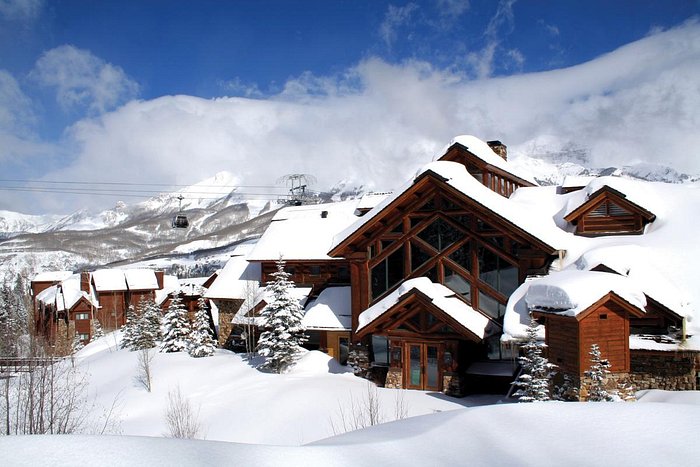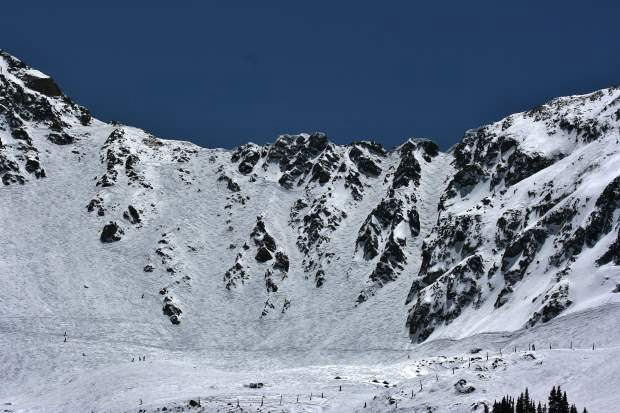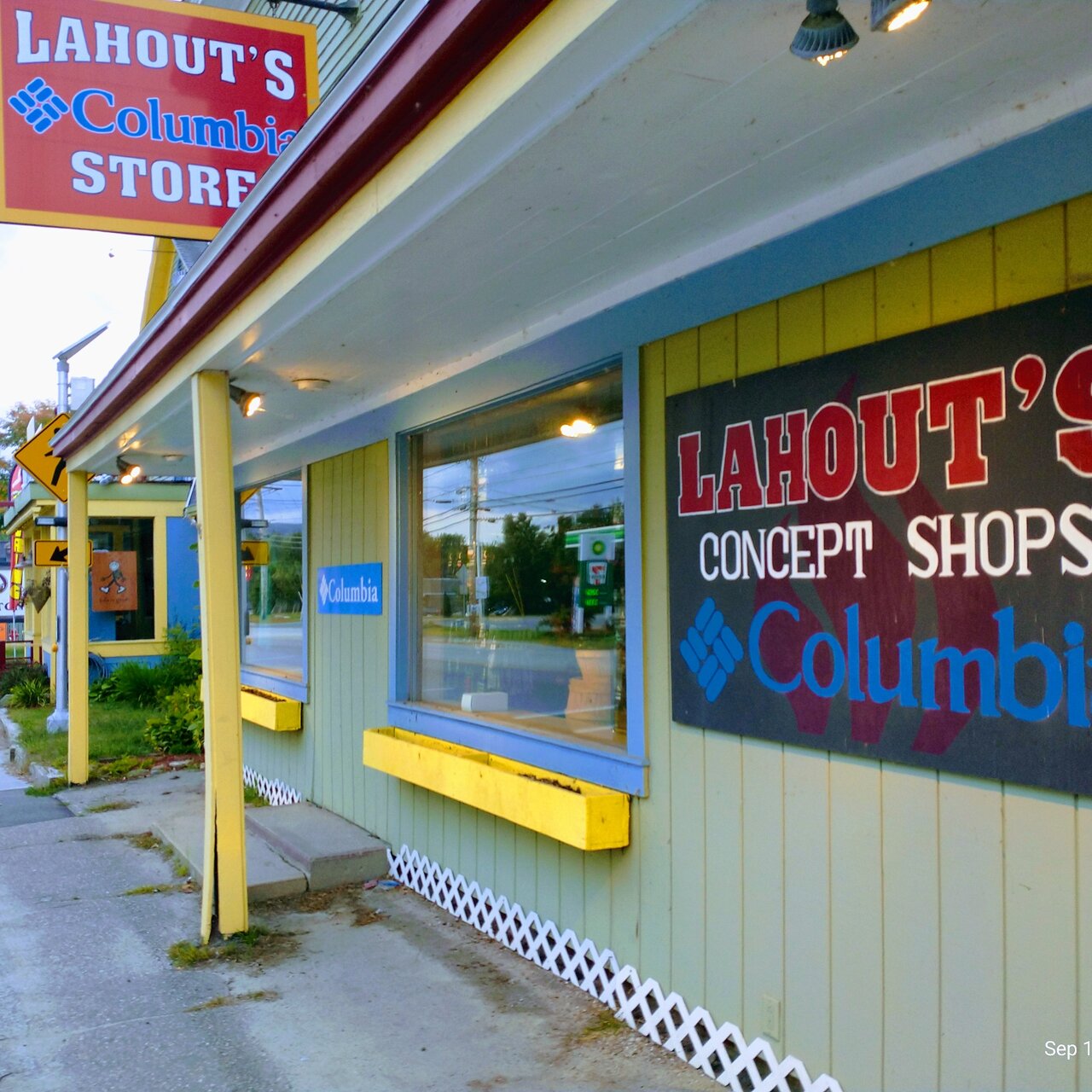
The bib snow pants can be worn under ski or snowboard pants and are a great choice for backcountry ski, splitboarding, as well as other activities requiring a little more abrasion resistant than a regular pair of ski trousers. The abrasion resistance of these garments varies from brand to brand, but most feature scuff guards (often patterned around the cuff) for added durability around sharp objects like ski boots, ski edges, and poles.
In general, bib pants are more comfortable that traditional ski pants because they offer more freedom of movement and the ability to layer under them for warmth. The venting is often built into the pants to allow heat to be moved through them when boot-packing.
They're also more breathable than traditional hardshell or softshell ski pants, which means they can keep you cool and dry even when it's hot out. This is especially true if you're skiing in cooler climates or if you're doing backcountry expeditions.
All or some of these features will make a pair of bibs great.
The waterproofing of the garment is paramount. There are several brands that make high-quality, waterproof bibs (typically Gore-Tex), preventing moisture from seeping into the garment.

Another thing to consider is insulation. Insulated bibs tend to be more expensive than models without insulation, but can be well worth the cost for skiers that prefer a greater level of warmth.
Most insulated bibs offer a thin layer of insulation to add warmth, with a softshell back and vents along the inner and outer thighs to release excess heat. Some bibs feature extra insulation at the seat and knees for added protection during cold weather or on long ski trips.
A avalanche beacon loop is one of the many details that will protect you against the elements in your insulated bibs. This is a necessity, and it should be a priority for any serious backcountry skier or snowboarder.
A good bib-pant will have a high quality YKK waterproof zipper, durable Cordura insteps and gaiters, a full adjustment range, and a generous pocket on the chest with an avalanche beacon clip. You will find this very useful when bootpacking uphill.
They should also be well-fitting to prevent chafing on the skin track. A tight fit can be problematic, so make sure you try them on and look for irritation or red marks.

You can find our top picks for bibs that are suitable both in resorts and the backcountry.
The Arc'teryx Sabre Bib Pant is one of our favorite bibs, with an impressive amount of protection in a lightweight package. Its Burly 80-denier nylon is tough enough to handle unrelenting snow and weather, but it's not as heavy as many other high-end bibs. It has all the little details you want, such as a RECCO safety reflector built into fabric and a RECCO beacon loop. This makes it a capable, versatile, and high-value option for new skiers and dedicated weekend warriors alike.
FAQ
Which documents should I bring with me on vacation?
To make it easy to find important documents on the road, keep copies at home. Also, keep copies of your passport, driver’s licence, and other identification cards, along with any credit card information, in case you need them, to make it easy to access when you travel.
It's always a good idea for you to have a photocopy with you of your passport in case you need it.
Don't forget to attach copies of your itinerary or reservations. These will help keep you organized and allow you to plan your trip.
Also, keep a duplicate of your flight ticket as well as details about your hotel reservation. You will be able to reach someone back home if there is any trouble.
You should never leave valuables behind. Make sure you have a place to store your valuables, such as a money belt or in your luggage.
Ensure you check your baggage before leaving to avoid losing expensive items.
Remember: It's always safer to keep things simple than to try to over-plan everything.
Relax and enjoy your trip!
How can you travel light?
There is no right answer when packing for your trip. These tips will help guide you in choosing what to bring on your trip.
-
Only bring what is necessary.
-
Only pack what you will actually wear.
-
Do not buy too many.
-
Take enough room in your suitcase
-
Always double-check that you've packed everything you need.
-
Make use of the free storage facilities
-
Use reusable water bottles instead of buying bottled water.
-
Carry a backpack instead of using a suitcase.
-
Take public transport if possible and instead walk or bike.
-
Pick the right size bag
-
Do not carry heavy items.
-
Be ready for anything.
-
Don't leave anything behind
Are you concerned about what you might lose when you travel?
Yes, I often forget stuff. This is most common on short trips. Fortunately, I always bring everything I need, so I don't run out.
For example, my passport is always with me. I also make sure to have enough money for any purchase of tickets.
My phone charger is always with me. A small bag is also handy for storing other items.
What should you pack for a vacation?
You need to know what you want to do on your holiday. This is not about packing clothes. It's also important to think about where you are going, and how long you will be there.
Consider what type of activities you'd like to take part in. For instance, if you travel to exotic places, you may consider diving. You might also want to participate in local festivals and events if you plan to stay longer.
To ensure that your health is taken care of, it is essential to inform those who will be taking care of you about any issues.
Statistics
- They're also likely to offer babysitting services, in case you'd like to have dinner one night after 7 p.m. (travelandleisure.com)
- Between the ages of 11 and 13, kids, or tweens, will likely want some autonomy but also need boundaries. (travelandleisure.com)
- According to Maori legends, this park holds 14 fjords that were all carved by a giant stonemason with an adze. (busytourist.com)
- You can use compression sacs or cubes to reduce the volume of your clothes by up to 80%—this is especially convenient for bulky items such as sweaters and jackets. (eaglecreek.com)
- Pack sweaters, jackets, and underwear in reusable compression bags creating up to 75% more space in your luggage. (wikihow.com)
External Links
How To
How to enjoy a weekend vacation
Weekend getaways are an opportunity to reflect, relax, and enjoy. It's an opportunity to unwind and recharge.
It is also a time to reflect about what is important to you, and how you spend the weekends. If you're lucky enough to have a job that allows you to travel, you might even find yourself reflecting on what makes working such a rewarding experience.
Whatever your reason, ensure you plan plenty of activities for your vacation.
You will likely feel the need to unwind and be with friends or family. But, it's equally important to remain active.
You have many options when you travel.
Make sure to take enough time for recovery and rest after each activity. After all, it's easy to burn out when you're constantly pushing yourself. Plan ahead and allow for some downtime.
After you land safely, it's likely that you'll enjoy relaxing again. Soon, you will be eager to return on the ground.
Don't allow yourself to fall behind. Set aside time every day to catch up with emails and other projects.
You'll feel connected and not overwhelmed. You won't miss any opportunity to grow your business.
Finally, don't hesitate to ask for help. Sometimes, you might feel stuck and unsure what to next.
Reach out to your friend or workplace for advice. It doesn't matter how busy your day is, it's still possible to have a quick conversation with loved ones.